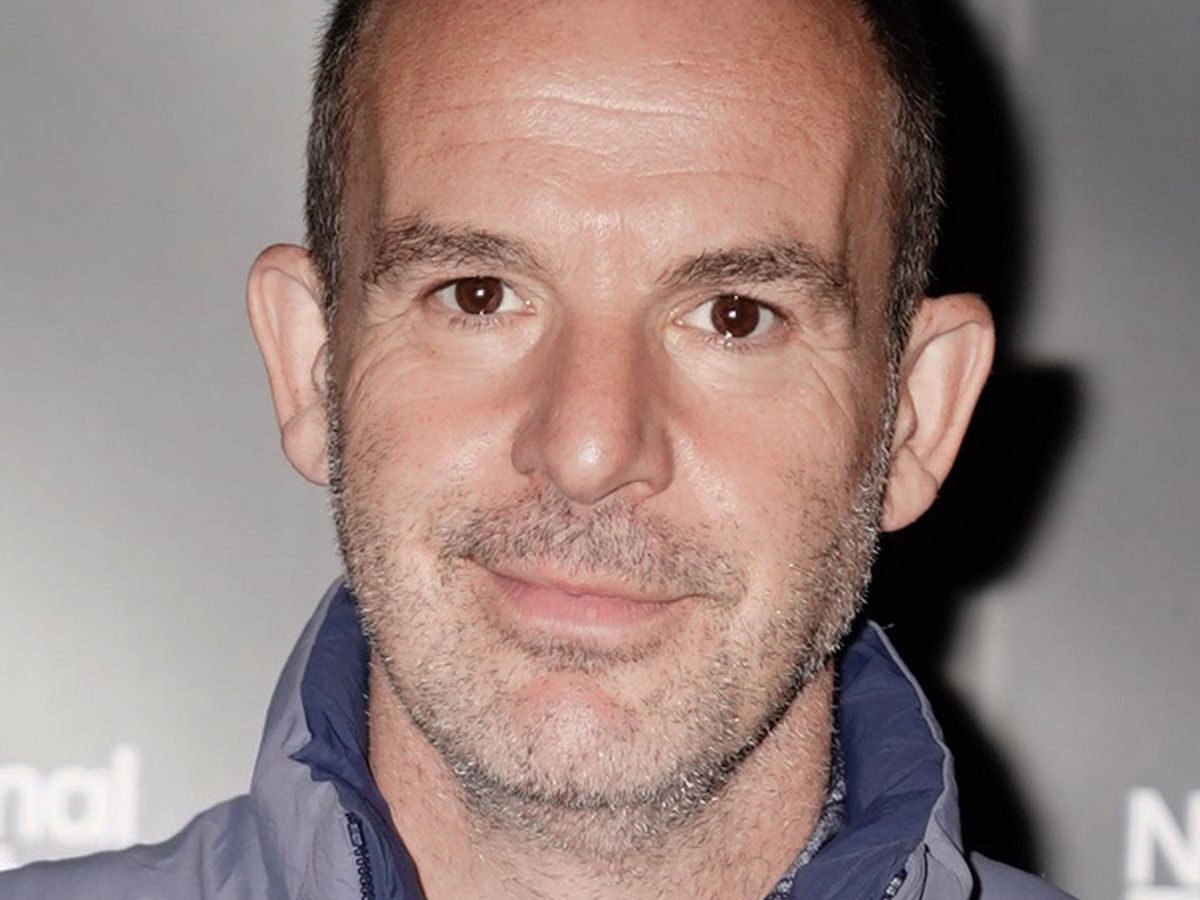GPs have threatened to bring the NHS to a “standstill” amid a row over the new contract for services in England.
Family doctors across England are being balloted by the British Medical Association (BMA) on whether they are in favour of staging collective action.
This collective action could potentially mean GPs limit the number of patients they will see each day to 25. They may choose to stop performing work they are not formally contracted to do, and they could potentially ignore “rationing” restrictions by “prescribing whatever is in the patient’s best interest”.
The ballot of GPs is to close today and, if medics vote in favour of collective action, it will start on 1 August and could last for “months”.
Dr Katie Bramall-Stainer, chairwoman of the BMA’s England General Practitioners Committee, said this was not a strike but “collective, premeditated, disruptive action”.
“If it’s done effectively, it’s done collectively and it’s done well, it will bring the NHS to a standstill very quickly – but not for patients, (for) all the NHS admin, the policymakers who have put in place these decisions that aren’t helping patients,” she said.
What is the dispute about?
Dr Bramall-Stainer said she wanted to talk to the government about a Family Doctor Charter 2025, 60 years on from the original.
“The GP model is why the NHS has lasted as long as it has done and when you try and break the GP model, you break the gatekeeper, and when you break the gatekeeper, you break the NHS,” she said. “I think that is what we’re seeing on a macro level.”
Dr Bramall-Stainer said there had been “three successive contracts impositions over the past three years”.
The new GP service contract will see services given a 1.9% funding increase for 2024-25 – which the BMA said means many surgeries will struggle to stay financially viable.
A Department of Health and Social Care spokesperson said: “The health and social care secretary has met with the chair of the BMA’s GP committee to discuss their priorities ahead of their ballot closing on 29 July.
“However, it is important we plan for all contingencies, in every eventuality, to keep patients safe.”





